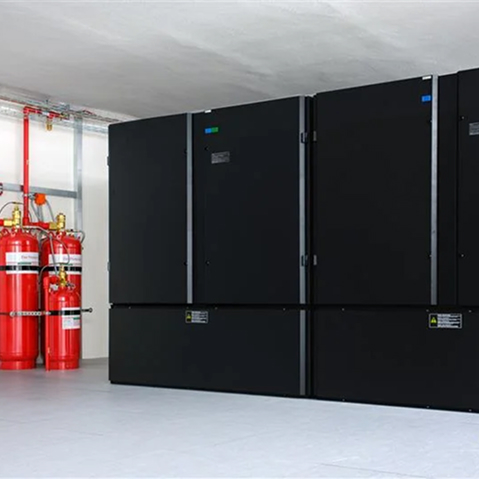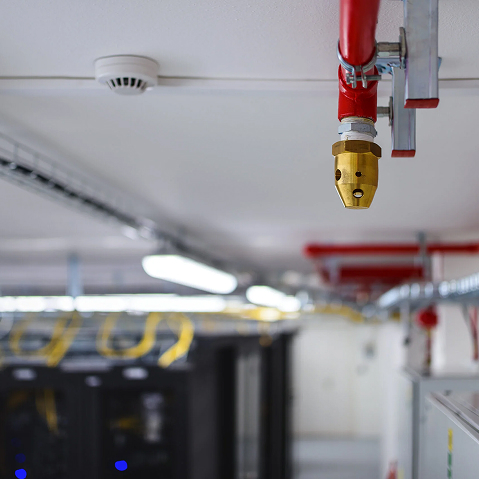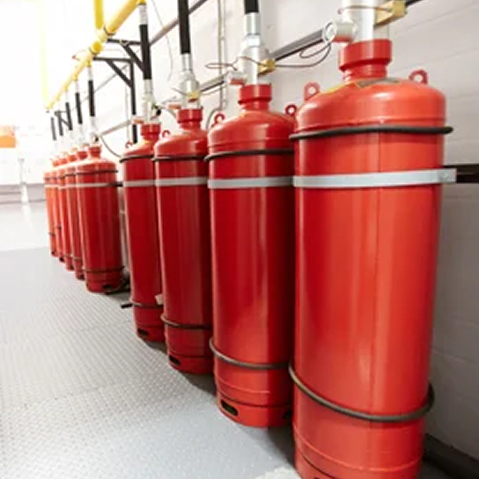Clean agent fire suppression have the potential to save lives, but they also have the potential to cause serious injuries if they malfunction. To ensure that your clean agent fire suppression system is working perfectly, you need to carry out a clean agent system inspection. It is important that you inspect your systems regularly as it will provide you the satisfaction and hope that the clean agent system will operate and function perfectly during an event of a fire. Most people consider the inspection process best to do during a fire drill.
The fire suppression system installation process should be done by an expert with experience in handling hazardous materials. The job should not be left for a novice because when it comes to fire suppression systems, safety is paramount. Here are a few more reasons for you to understand why clean agent system inspection is important:
- Overall Safety
- Prevent the damage to your property or assets
- Ensure the functionality and operation
- Detect if there is any leak or damage
- Check all the parameters and if the equipment is up to the code
- Make sure the pressure gauges, valves, and exterior conditions are proper



